An Overview of Plants That Are Not Good for Your Home, According to Vastu
According to Vastu, certain plants may not be conducive to a harmonious home environment. Bonsai trees, while aesthetically pleasing, can disrupt positive energy flow due to their stunted growth. Similarly, cacti, though popular for home decoration, symbolize obstacles and should be avoided indoors. According to Vastu, certain plants are believed to bring negative energy into the home. Avoid bonsai trees as they symbolize stunted growth and may hinder progress. Cacti, while low maintenance, are associated with sharp energy and should be placed sparingly or in areas where their spiky nature won't cause harm. It's best to opt for plants that promote positive energy flow and vitality within the home according to Vastu principles. Opt for plants like money plants or peace lilies, believed to attract positive energy and prosperity, to maintain a balanced and auspicious atmosphere in your home.
Plants to Avoid Growing Inside the House -
Bonsai Trees:
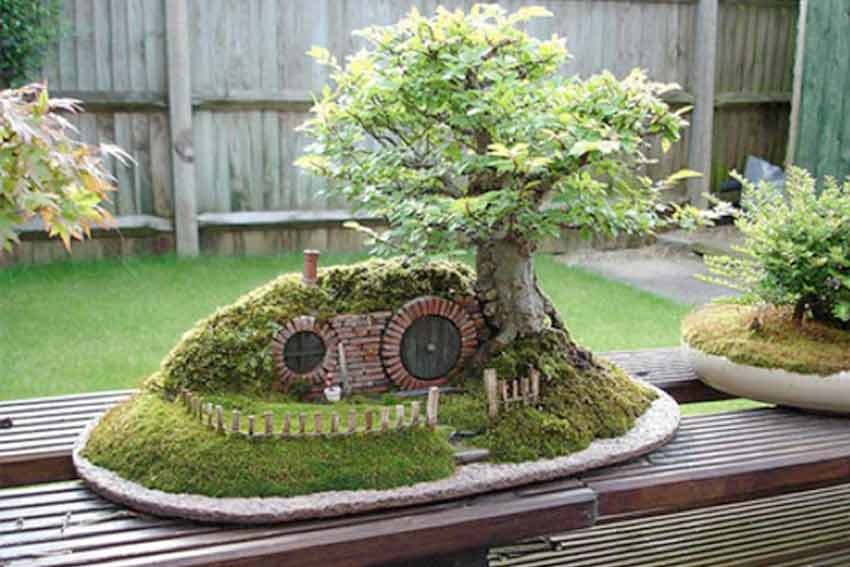
These miniature trees symbolize stunted growth and can hinder progress and prosperity in the home, according to Vastu. Keeping bonsai trees indoors may inhibit the flow of positive energy, leading to stagnation in personal and professional endeavors.
Cacti:
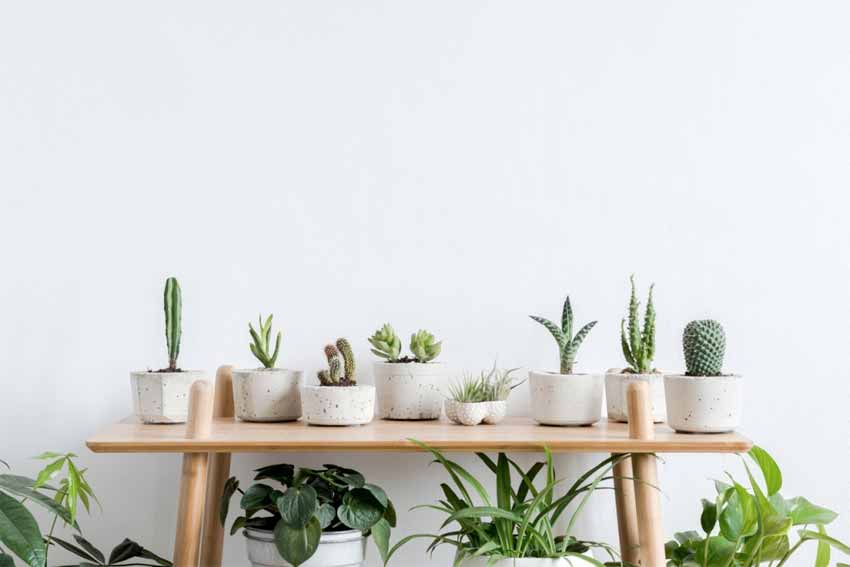
While cacti are low-maintenance and trendy, they are believed to emit sharp and negative energy. Their spiky nature can create disturbances in the flow of positive energy within the home, potentially leading to conflicts or obstacles in various aspects of life.
Bamboo Plant with Yellow Stalks:
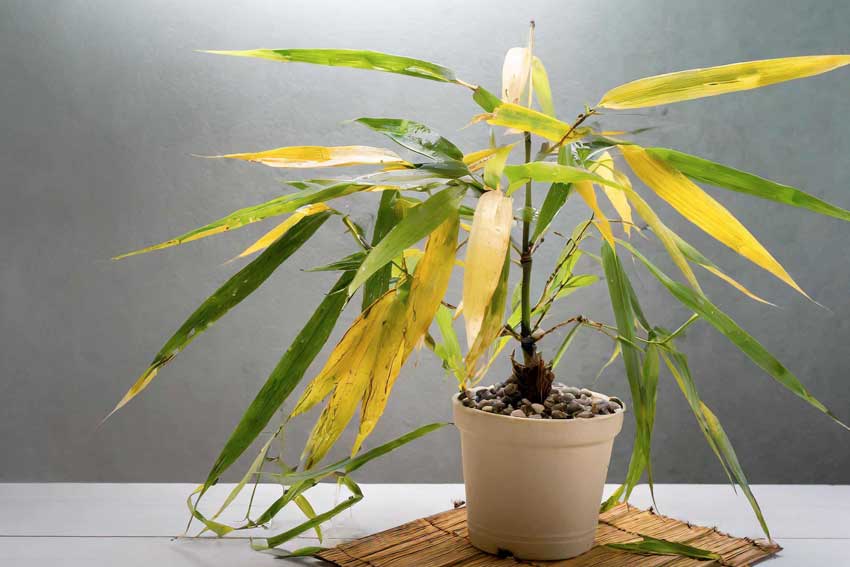
According to our interior designers in Bangalore, while bamboo is generally considered auspicious, bamboo plants with yellow stalks are believed to bring negative energy into the home. Yellow is associated with sickness and decay in Vastu, so keeping such bamboo plants may cause illness or financial difficulties.
Thorny Plants:
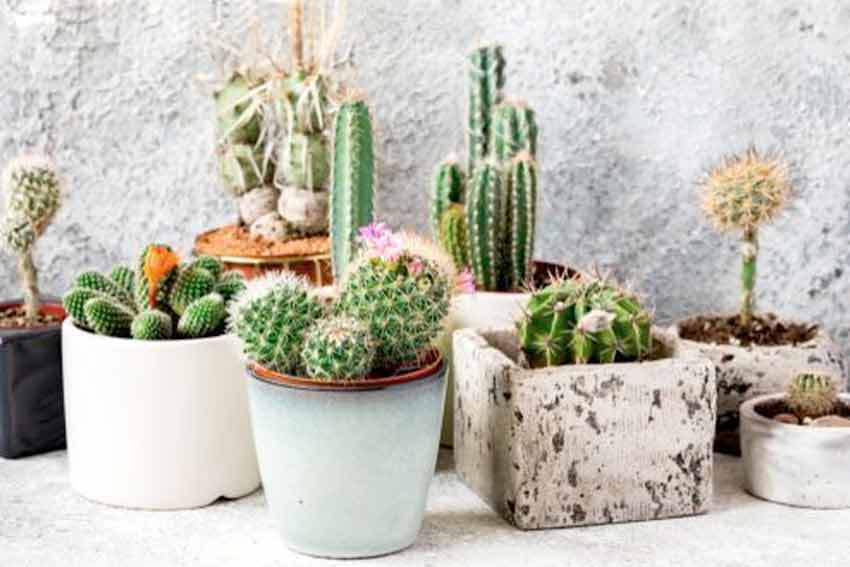
Plants with thorns, such as roses or certain succulents, are believed to introduce negative energy into the home due to their sharp and aggressive nature. They can disrupt the harmonious flow of energy and create tensions or obstacles in relationships and endeavors.
Dead or Dying Plants:
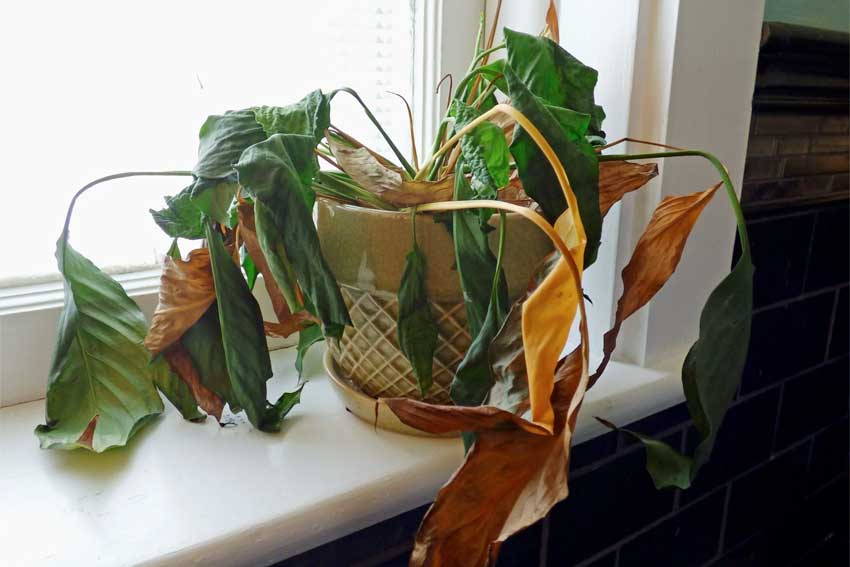
Plants that are dead or dying represent decay and lack of vitality, which can adversely affect the energy within the home. They symbolize negativity and stagnation, hindering growth and progress in various aspects of life. It's essential to remove dead or dying plants promptly and replace them with healthy ones to maintain positive energy flow.
Inauspicious Plants to Avoid Near Your Home -
Peepal Tree:
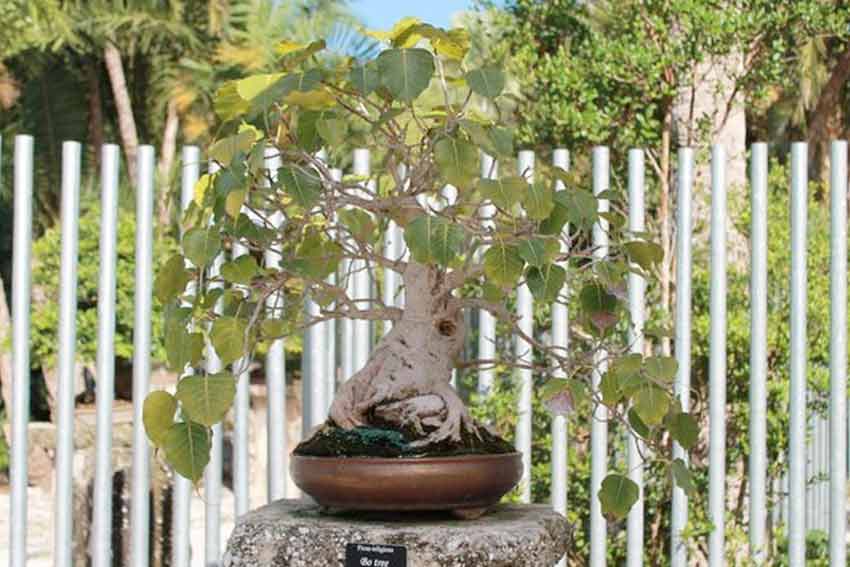
According to Vastu, the Peepal tree is considered inauspicious to plant near property as it is believed to harbor negative energies. Its large size and extensive root system can potentially disrupt the foundation of buildings and create instability.
Banyan Tree:
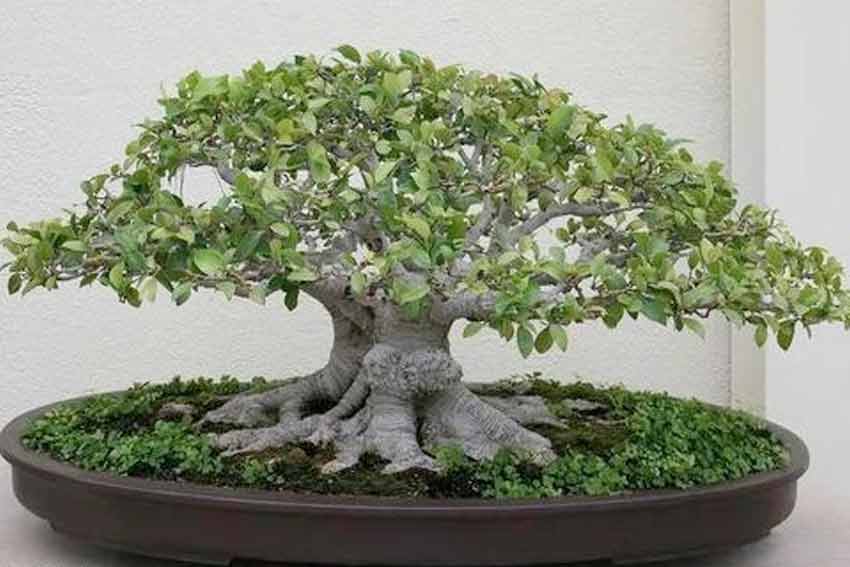
Similar to the Peepal tree, the Banyan tree is also considered inauspicious in Vastu. Its expansive roots can invade the structural integrity of buildings and cause damage. Additionally, the dense canopy of the Banyan tree may obstruct sunlight and airflow, leading to a gloomy atmosphere.
Dead or Decaying Trees:
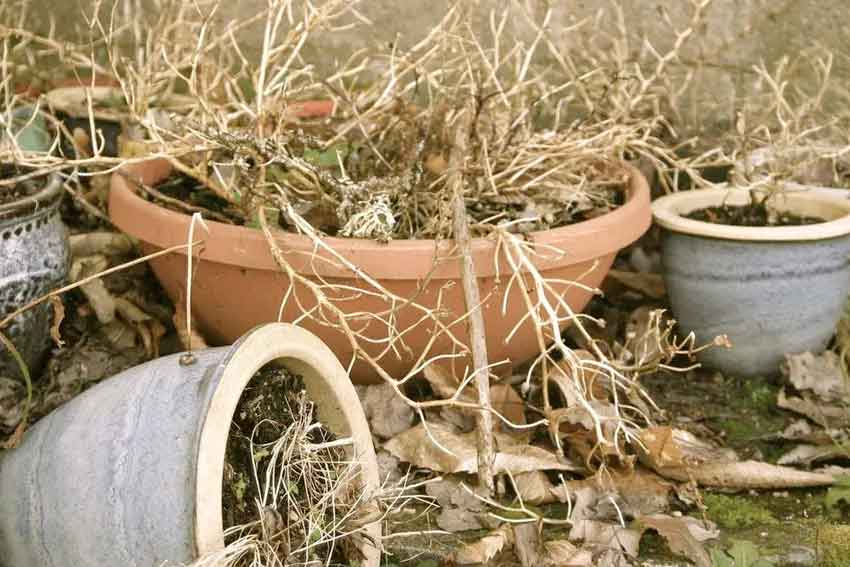
According to our top interior decorators of Hyderabad, trees that are dead or decaying represent decay and lack of vitality, which can attract negative energy according to Vastu principles. They should be removed promptly as they can bring down the overall energy of the property and hinder growth and prosperity.
A List of Auspicious Plants to Keep At Home, According to Vastu -
Tulsi Plant:
Tulsi is considered sacred in Hinduism and is believed to purify the surroundings and ward off negative energies. Keeping a Tulsi plant at home is believed to promote health, prosperity, and spiritual well-being.
Money Plant:
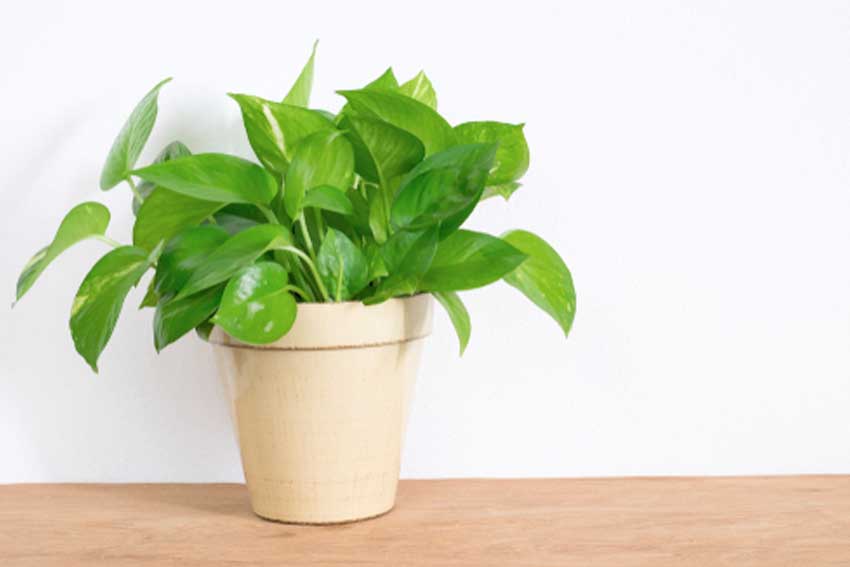
According to Vastu Shastra, the Money plant attracts wealth and prosperity. Placing it in the southeast corner of the house or the wealth area (southeast direction as per Vastu) is said to enhance financial luck.
Jade Plant:
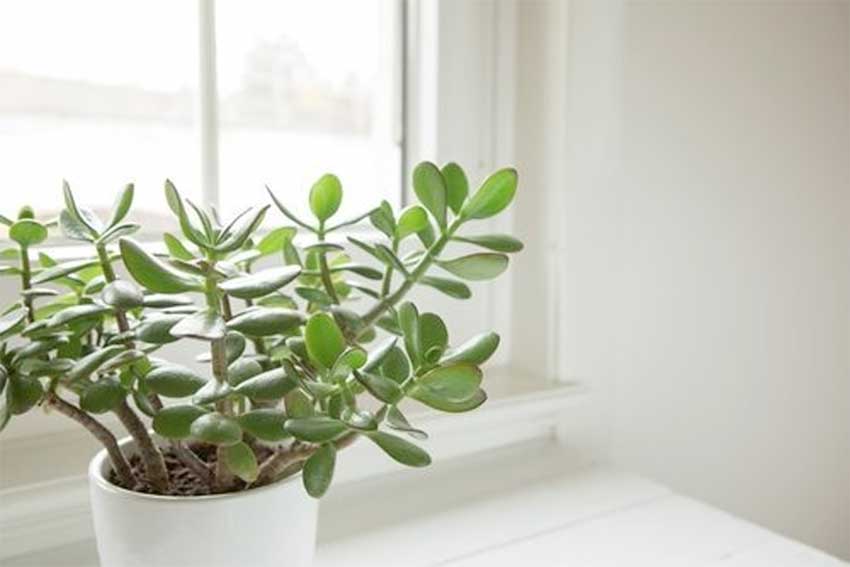
The Jade plant is known as the "money tree" and is believed to attract wealth and prosperity. According to Vastu, placing it near the entrance or in the southeast corner of the house can enhance financial luck.
Aloe Vera:
Aloe vera is valued for its medicinal properties and is believed to bring positive energy into the home. It is associated with health, healing, and protection. Keeping an aloe vera plant indoors is considered auspicious according to Vastu.
Neem Tree:
Neem tree is considered sacred in Hinduism and is believed to have medicinal and purifying properties. Planting a neem tree near the house is said to ward off negative energies, promote health, and protect against evil forces.
Why Choose Decorpot?
Choose Decorpot for home interiors for their expertise in creating personalized spaces tailored to your needs and style. With a focus on quality craftsmanship, attention to detail and timely delivery, Decorpot ensures a seamless and hassle-free interior design experience that exceeds your expectations. Contact us now!
FAQ's -
Q1. Which plants are not good for Vastu?
Peepal and Banyan trees can disrupt foundations, thorny plants bring negative energy, dead trees signify decay.
Q2. Which plant is not good for the house?
The cactus is considered unfavorable for the house as it symbolizes negativity and sharp energy. Its spiky nature may disrupt the flow of positive energy and create disturbances in the home environment.
Q3. Which plant removes negative energy?
Plants like Peace Lily, Jade Plant and Aloe Vera are believed to remove negative energy and purify the air, promoting harmony and positivity. Their soothing presence helps create a calm and balanced environment, fostering emotional well-being and reducing stress.


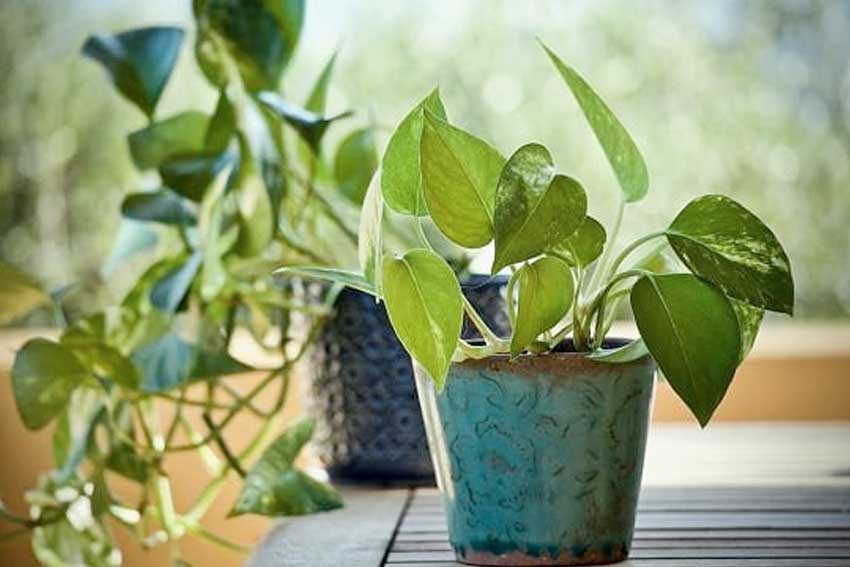


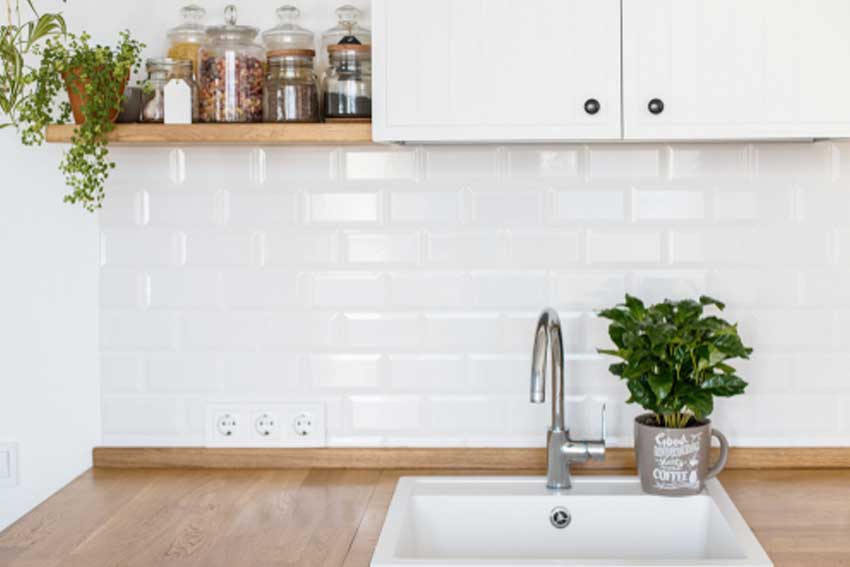
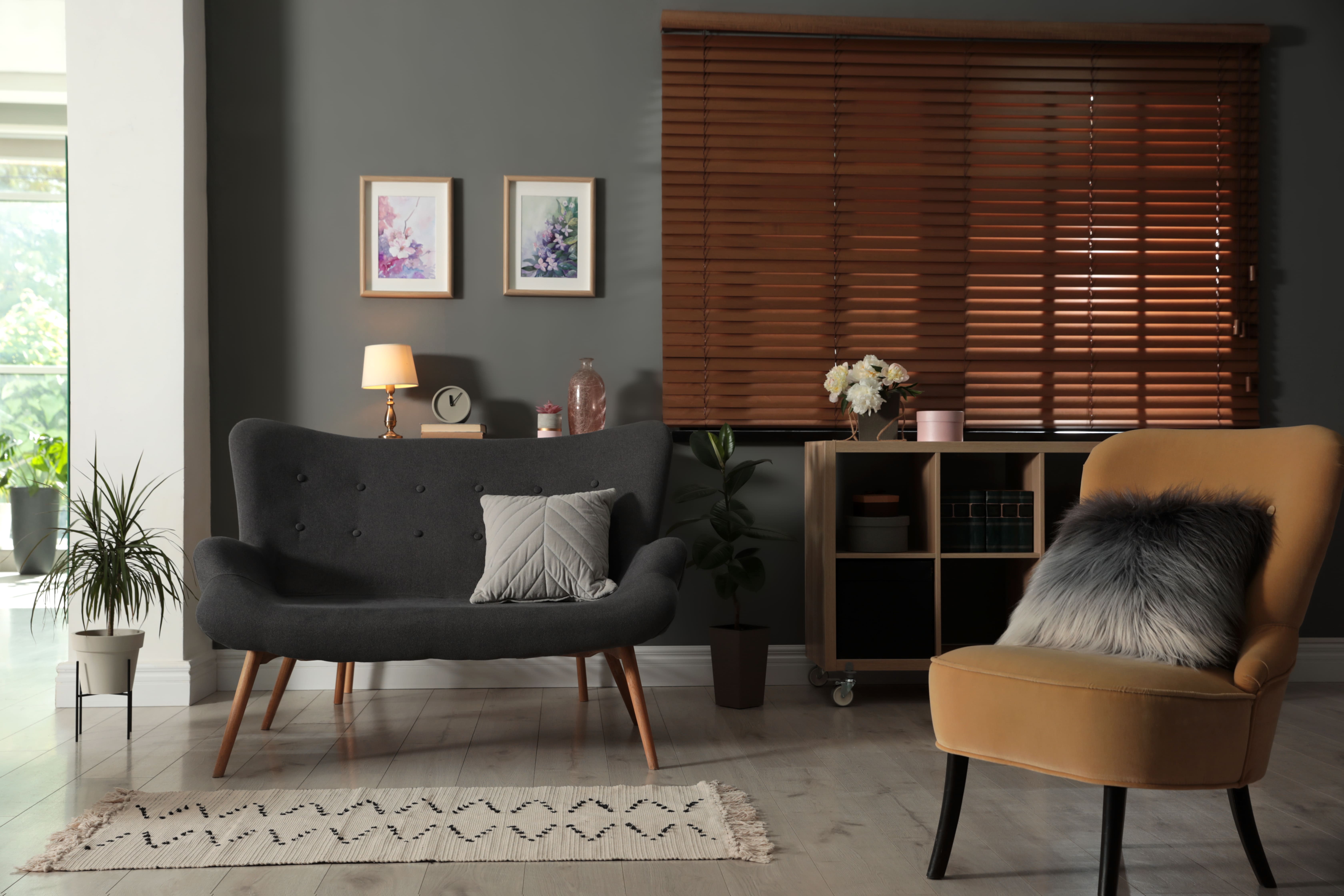
 2024 | All Rights Reserved
2024 | All Rights Reserved